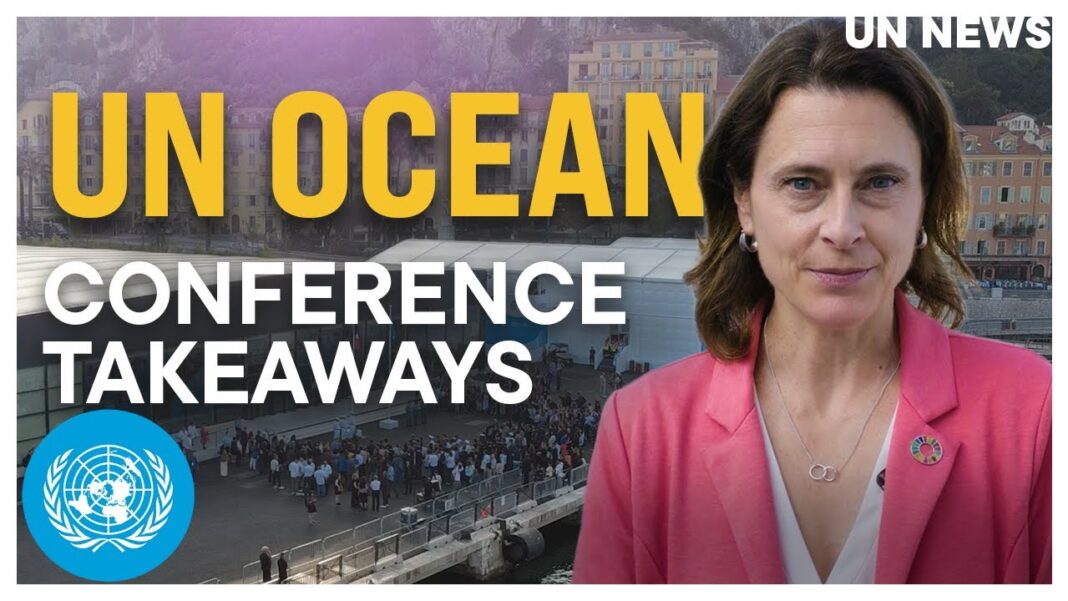San Francisco-based Energy Foundation China has worked to speed up U.S. transition to green energy, increasing energy dependence on China, report says.
A new report warned that a San Francisco-based organization with significant ties to the Chinese Communist Party (CCP) is promoting climate policies that benefit the Chinese regime while undermining American energy independence.
The report, published by State Armor, an organization that advocates for policies on China-related security threats, examines Energy Foundation China (EFC), a registered U.S. nonprofit led by Zou Ji, a former Chinese official who worked on climate change strategy.
“Over the past decade, the foundation has leveraged significant financial resources to fund research, advocacy, and policy development aimed at accelerating the transition to ‘green’ energy sources in the U.S,” the report states. “This transition has made America dependent upon China.”
The United States currently depends on China for lithium-ion batteries, solar panels, electric vehicle charging stations, and rare earth minerals. Lawmakers have recently raised concerns about possible rogue components inside Chinese solar power inverters, saying that such parts could “allow for remote access, unauthorized data exfiltration, and even operational disruption.”
“The Chinese Communist Party’s strategy to make the U.S. dependent upon China for energy resources constitutes an industrial and national security threat,” the report states.
It says that EFC’s “close ties to Chinese government agencies” and its leadership’s connections to the CCP “should raise serious concerns among U.S. policymakers about foreign influence on American energy and environmental policy.”
CCP Ties
One of EFC’s two offices is in Beijing, in the same building as the CITIC Group, a state-owned Chinese investment firm.
Zou, EFC’s president and CEO, was once a deputy director general of the National Center for Climate Change Strategy and International Cooperation within China’s National Development and Reform Commission, which is the Chinese regime’s top economic planner, according to the organization’s website.
Zou was also a member of China’s climate negotiation team for the 2015 Paris climate talks, according to the website. Zou also held a position at the state-affiliated Tsinghua University in China. His colleagues include a former Chinese political delegate, who was also a retired major general.
Liu Xin, EFC’s environmental program director, spent 15 years working at the municipal environmental protection bureau in Beijing, according to EFC’s website.
One of EFC’s board members is Zhang Hongjun, an attorney based in Washington. Zhang’s firm’s website said he had worked as a legislative director for China’s National People’s Congress, the highest administrative body in the Chinese regime. It noted that Zhang had worked for “many years in the Chinese government” on legal and policy issues, and that he was the only lawyer invited by President Bill Clinton to participate in an environmental roundtable during Clinton’s visit to China in 1998.
EFC has formed partnerships with government entities, such as the provincial environmental department in eastern China’s Jiangsu Province and the China Council for International Cooperation on Environment and Development, a high-level international advisory body for the Chinese regime.
By Eva Fu and Frank Fang







